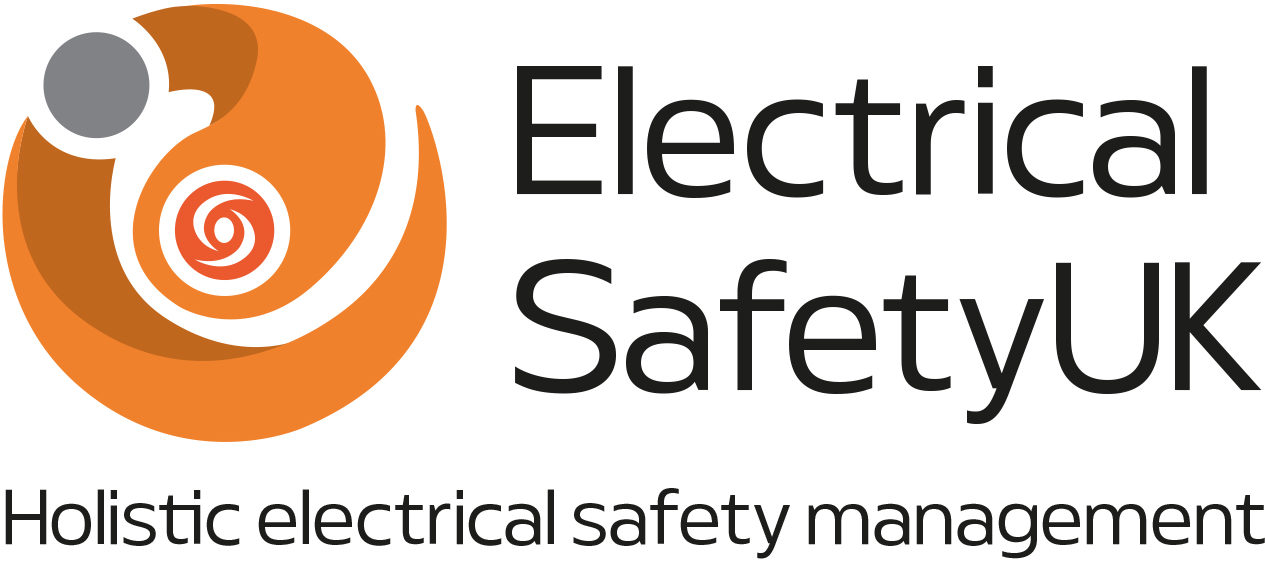By Paul Hopton – Principal Consultant Website: elecsafety.co.uk
Tel: 0800 652 1124
Electrical Safety Management
Electrical Safety UK have helped many companies in different industries in a number of locations around the World to improve their electrical safety management systems. In this article we are going to focus on Solar Farms and discuss whether there any hazards that may be specific to that industry.
We recently carried out an electrical safety audit in the United Arab Emirates at one of the largest solar farms in the world. The brief was to carry out an audit of their current operations and safety management system to identify if any improvements could be made. We started by interviewing Electrical Managers, Supervisors and Tradesmen to ascertain where they had good practice and where improvements could be made. The scope of these interviews covered but was not limited to:
- Electrical Safety Policy
- Electrical Safety Rules
- Tools, Test Equipment and Test Leads
- Competency and Authorisation
- Asset Integrity and Maintenance
- Portable Electrical Apparatus
- Arc Flash Risk Management
- Electric Shock Risk Management
- Lightning Protection
- Toxic Gases
- Isolation Practices
- Electrical Accident Investigation and Root Cause Analysis
- Software and Device Parameter Backups
- Reliability and Bad Actors
- Safe Systems of Work including Switching Programs and Earthing Diagrams
We also carried out site surveys and asked personnel who were working on site about electrical safety and the management of electrical risks.
Results
We identified several areas where there were opportunities to improve. These were presented to the site management team in a feedback presentation and more formally in a report. The findings showed significant opportunities in Arc Flash Risk Management, Isolations and Electrical Shock Risk Management.
Hazards specific to Solar Farms
The main issue specific to Solar Farms that we identified was with the Solar Panels themselves as they generate electricity. The good news is that Solar Farms are modular and so it is easier to produce isolation and safe working procedures, than for more typical industrial or commercial electrical distribution systems.
“Test before touch” or “Test for dead” processes are very important, and you should ensure that the correct type of test equipment is used. Voltage indicators should be tested immediately before and after use with a proprietary proving unit.
There are also a lot of power inverters and other enclosures out in the field that should be shrouded to IP2X to minimise electric shock risk during fault finding activities. As the Solar Farm gets older, it is important to make sure that the IP2X protection is maintained by auditing and inspection especially during and after maintenance activities.
I think it is fair to say that Solar Farms are a relatively new phenomenon and can be operated by organisations that do not have a long history of electrical safety management experience. This lack of experience can lead to gaps in their Electrical Safety Management Systems. Unfortunately, failures of an Electrical Safety Management System can result in serious injury or fatality. Fortunately, these events are rare but because of the complacency that can result from their scarcity, when the holes in the Swiss cheese line up, the worst can happen. Far better to have someone independent to the Organisation to audit your Electrical Safety Management System to prevent the accident before it happens.
Solar Farms can sometimes be operated and maintained by the Company that designed and installed them rather than the owner. Dependent upon the Company supplying the Solar Farm, they may or may not have a great deal of operational and electrical safety management experience. If they do lack experience, they might be more likely to have an electrical accident. The Company owning the asset (Electrical Duty Holder) might not take kindly to the exposure to public/regulatory scrutiny that this would bring.
Arc Flash Studies
Calculating the arc flash hazard for each of piece of equipment on a Solar Farm should cost significantly less that carrying out an arc flash study on a typical industrial or commercial electrical distribution system. The reason for this is that Solar Farms tend to be very modular in their construction, which means detailed modelling of one of the modules can be quickly and cheaply replicated many times for the rest of the network. This obviously reduces the overall cost of the arc flash study for a Solar Farm versus other types of electrical networks.




